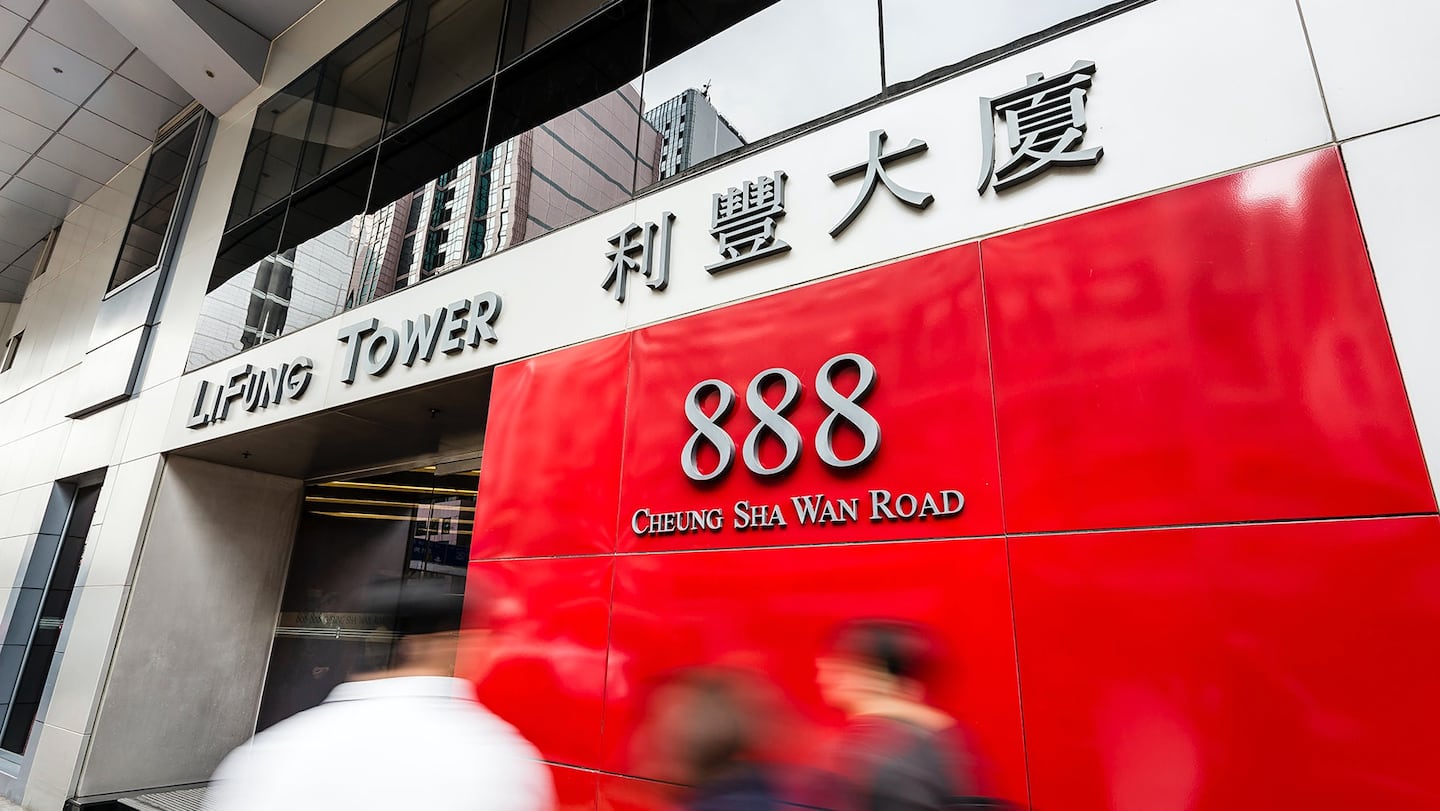
The Business of Fashion
Agenda-setting intelligence, analysis and advice for the global fashion community.

Agenda-setting intelligence, analysis and advice for the global fashion community.

HONG KONG, China — Li & Fung, one of the world's top global supply chain partners to consumer brands and retailers, has announced a $1.1 billion strategic divestment involving the sale of three product vertical businesses — sweaters, furniture and beauty — to a buyer consortium composed of Hony Capital, one of China's biggest private equity firms, along with Fung Holdings 1937 Limited and Fung Investments Limited.
Fung Holdings 1937 Limited and Fung Investments Limited are both controlled by Li & Fung’s founding Fung family. Revenue for the three verticals — sweaters, furniture and beauty — was $1.87 billion for the year ended September 30.
The move, announced by the Hong Kong-listed Li & Fung on Thursday, is aimed at further simplifying its business to focus on core competencies. A special dividend of $520 million will be offered in cash to shareholders, while the remaining $580 million will be reinvested back into the company.
“The remaining $580 million of cash will give us more financial flexibility as we continue to execute our three-year plan goal of building an end-to-end digital supply chain,” said Spencer Fung, chief executive and great-grandson of the founder of the group.
ADVERTISEMENT
The company is currently six months into a three-year business plan to build “the supply chain of the future.” “A more simplified and streamlined organisation will help us to focus on core competencies, execute our plans with more agility and speed, and enable us to operate more efficiently,” he told BoF.
More than a century ago, in 1906, the Fung family began selling porcelain, silk and fireworks from a trading post in the twilight years of Imperial China. In 2015, the global supply chain empire came to embody Hong Kong’s importance as the bridge from China’s factories to the world.
But the trading group has struggled in recent years as its once-dominant business model has been threatened by online giants, such as Alibaba and Amazon, which increasingly put manufacturers directly in touch with consumers, cutting out middlemen.
In August, Li & Fung reported a 6.1 percent rise of $91 million in first-half adjusted net profit for January to June 2017, up from $86 million a year earlier. Reported revenue fell 9 percent to $7.3 billion, while core operating profit rose 8.7 percent to $170 million. However, shares are down 4.1 percent so far this year, and have shrunk more than 80 percent since its 2011 peak.
Subject to independent shareholders’ approval, the transaction is expected to close in the first half of 2018.
Related Articles:
[ Exposing Asia’s Fashion EmpiresOpens in new window ]
[ New Era for Chinese Fashion ManufacturersOpens in new window ]
With consumers tightening their belts in China, the battle between global fast fashion brands and local high street giants has intensified.
Investors are bracing for a steep slowdown in luxury sales when luxury companies report their first quarter results, reflecting lacklustre Chinese demand.
The French beauty giant’s two latest deals are part of a wider M&A push by global players to capture a larger slice of the China market, targeting buzzy high-end brands that offer products with distinctive Chinese elements.
Post-Covid spend by US tourists in Europe has surged past 2019 levels. Chinese travellers, by contrast, have largely favoured domestic and regional destinations like Hong Kong, Singapore and Japan.